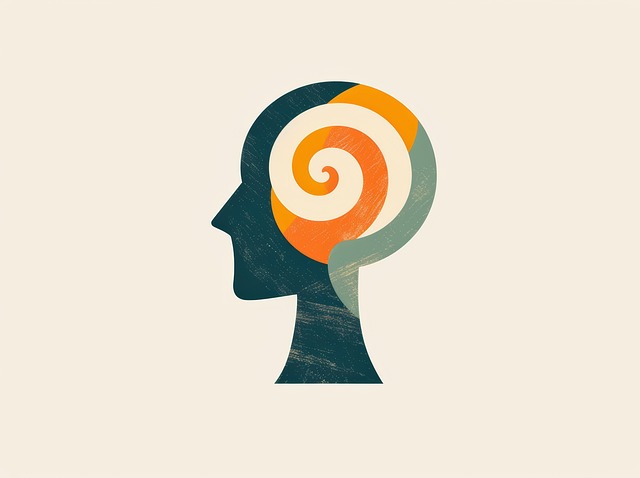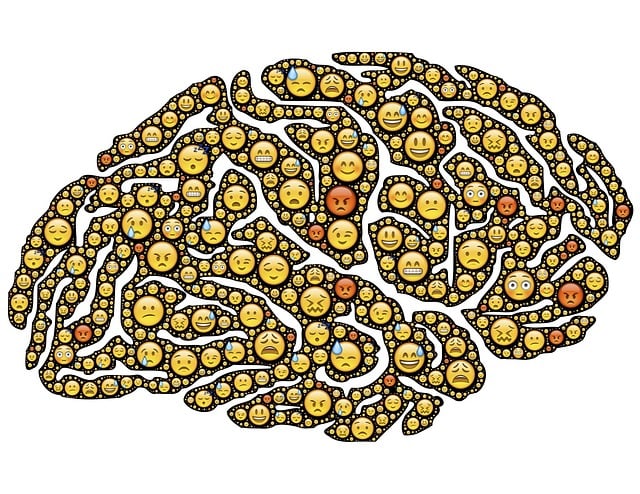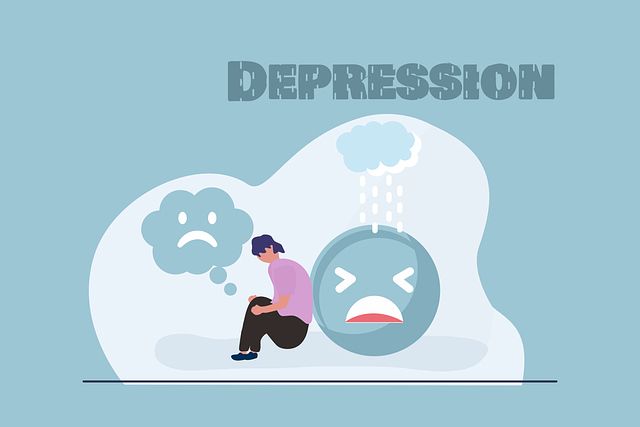Recognizing and addressing mental health issues in elders is crucial as aging increases vulnerability to neuro disorders like Alzheimer's, dementia, and Parkinson's. Subtle symptoms require careful assessment and tailored therapy, such as Cognitive Behavioral Therapy (CBT), which targets depression, anxiety, and cognitive impairment. Community outreach programs offering group therapy and recreational activities also support social engagement and overall mental wellness. Effective strategies include encouraging self-care routines, social activities, and emotional well-being exercises to combat loneliness and promote resilience in elders suffering from neuro disorders, emphasizing the importance of therapy for improving quality of life.
Mental wellness promotion among the elderly is a critical aspect of holistic healthcare. As our population ages, understanding and addressing mental health issues become increasingly vital. This article explores several key areas, including recognizing common neuro disorders in elders, the therapeutic benefits of promoting mental wellness, effective therapy approaches tailored to neurological conditions, and community-based strategies for supporting the mental health of elderly individuals. By focusing on these aspects, we can enhance the quality of life for our aging population through targeted interventions such as therapy for elders with neuro disorders.
- Recognizing Mental Health Issues in Elders: Common Neuro Disorders
- The Role of Therapy in Promoting Elderly Mental Wellness
- Effective Therapy Approaches for Neurological Conditions
- Strategies for Supporting Mental Health in the Elderly Community
Recognizing Mental Health Issues in Elders: Common Neuro Disorders

Recognizing mental health issues in elders is a crucial aspect of ensuring their overall well-being. As people age, they become more susceptible to various neuro disorders that can significantly impact their cognitive function and emotional state. Conditions such as Alzheimer’s disease, dementia, and Parkinson’s disease are not only common but also complex, requiring tailored therapy for elders suffering from them. These neuro disorders often manifest as subtle changes in behavior, memory loss, and difficulty with movement, which can be easily overlooked if not properly assessed.
The importance of cultural sensitivity in mental healthcare practice cannot be overstated when addressing these issues among the elderly. Understanding the unique psychological and social contexts of different communities enables more effective emotional healing processes for older adults. Additionally, advocacy for robust mental health policy analysis ensures that resources and services are available to support those with neuro disorders, promoting a holistic approach to mental wellness in this demographic.
The Role of Therapy in Promoting Elderly Mental Wellness

Therapy plays a pivotal role in promoting mental wellness among the elderly, offering them a crucial safe space to navigate and overcome challenges related to aging and potential neuro disorders. For many seniors, seeking professional help can be transformative, helping them cultivate inner strength and resilience as they age. With tailored therapy sessions, elders can learn coping strategies to manage stress, anxiety, and depression—common issues that often escalate if left unaddressed.
Targeting specific needs, therapy for elders goes beyond general wellness advice. It focuses on burnout prevention, encouraging self-care routine development for better mental health. This personalized approach is essential given the unique experiences and concerns of the elderly population. Through therapy, seniors can explore their feelings, regain a sense of control, and enhance their overall well-being, thereby improving quality of life as they age gracefully.
Effective Therapy Approaches for Neurological Conditions

Promoting mental wellness among older adults with neurological conditions requires tailored and effective therapy approaches. Cognitive Behavioral Therapy (CBT) has proven successful in addressing symptoms of depression, anxiety, and cognitive impairment associated with neuro disorders such as Alzheimer’s and Parkinson’s disease. CBT focuses on identifying and modifying negative thought patterns and behaviors, enhancing emotional intelligence, and improving coping strategies for stress management, which are crucial aspects of maintaining mental health as we age.
Additionally, community outreach program implementation plays a vital role in providing support systems and promoting social engagement. These programs often include group therapy sessions, educational workshops on topics like stress management and emotional intelligence, and recreational activities that encourage interaction and connection among peers. Such initiatives foster a sense of belonging and can significantly contribute to the overall mental wellness of older adults navigating neurological challenges.
Strategies for Supporting Mental Health in the Elderly Community

Supporting mental health in the elderly community requires tailored strategies that address unique challenges. Many older adults face increased risks of mental health issues due to physical health problems, social isolation, and cognitive decline. According to research, therapy for elders suffering from neuro disorders, such as dementia or Alzheimer’s disease, plays a crucial role in enhancing their quality of life. Professional interventions like psychotherapy, counseling, and support groups can help manage symptoms, improve mood, and promote resilience.
Encouraging self-care routine development for better mental health is another effective strategy. This includes incorporating activities that foster social engagement, such as community gatherings or volunteer work, to combat feelings of loneliness and isolation. Additionally, teaching conflict resolution techniques and promoting self-awareness exercises can empower older adults to navigate interpersonal challenges and maintain emotional well-being.
Mental wellness promotion among the elderly is a multifaceted approach, especially with the prevalence of neuro disorders. Recognizing and addressing mental health issues early on through effective therapy is crucial in enhancing the quality of life for our aging population. By understanding the specific needs of elders and employing tailored strategies like those discussed—including effective therapy approaches for neurological conditions—we can foster supportive communities that prioritize mental wellness. This holistic approach ensures that folks receive comprehensive care, enabling them to age gracefully and maintain their independence. Therapy for elders with neuro disorders is not just a treatment but a gateway to a more fulfilling and dignified life.








